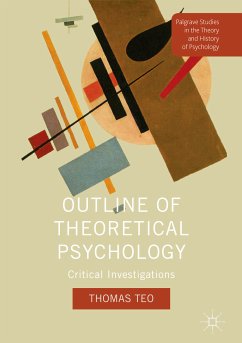The papers in Karl Jaspers' Philosophy and Psychopathology revisit Jaspers' ideas and methods in light of contemporary thinking and offer insights on how these may inform approaches to theoretical discourse and clinical practice. Working to bridge psychiatry and medicine, organizing a classification system for mental disorders, and rejecting dogmatic formulas in favor of respecting client experience, he emerges as a translator as well as a transmitter of clinical ideas. Through these chapters, he continues to remind his peers to never lose sight of the patient as human, and the brain--so often in danger of being reduced to the sum of its structures--as the seat of our humanity. Among the featured topics:
- Hermeneutical and dialectical thinking in psychiatry and the contribution of Jaspers.
- Brain mythologies: Jaspers' critique of reductionism from a current perspective.
- Jaspers' criticism of anthropological and phenomenological psychiatry.
- Jaspers' concept of delusion compared to that of the DSM.
- Jaspers' concept of "limit situation": extensions and therapeutic applications.
- Psychopathology and psychotherapy in Jaspers' work and today's perspectives on psychotherapy in psychiatry.
A potent re-examination of a major thinker and of controversies that still surround a young discipline, Karl Jaspers' Philosophy and Psychopathology is scintillating reading for professors and students in phenomenological philosophy, existential philosophy, psychopathology, psychiatry,psychotherapy, and psychology in general.
Dieser Download kann aus rechtlichen Gründen nur mit Rechnungsadresse in A, B, BG, CY, CZ, D, DK, EW, E, FIN, F, GR, HR, H, IRL, I, LT, L, LR, M, NL, PL, P, R, S, SLO, SK ausgeliefert werden.
Hinweis: Dieser Artikel kann nur an eine deutsche Lieferadresse ausgeliefert werden.









